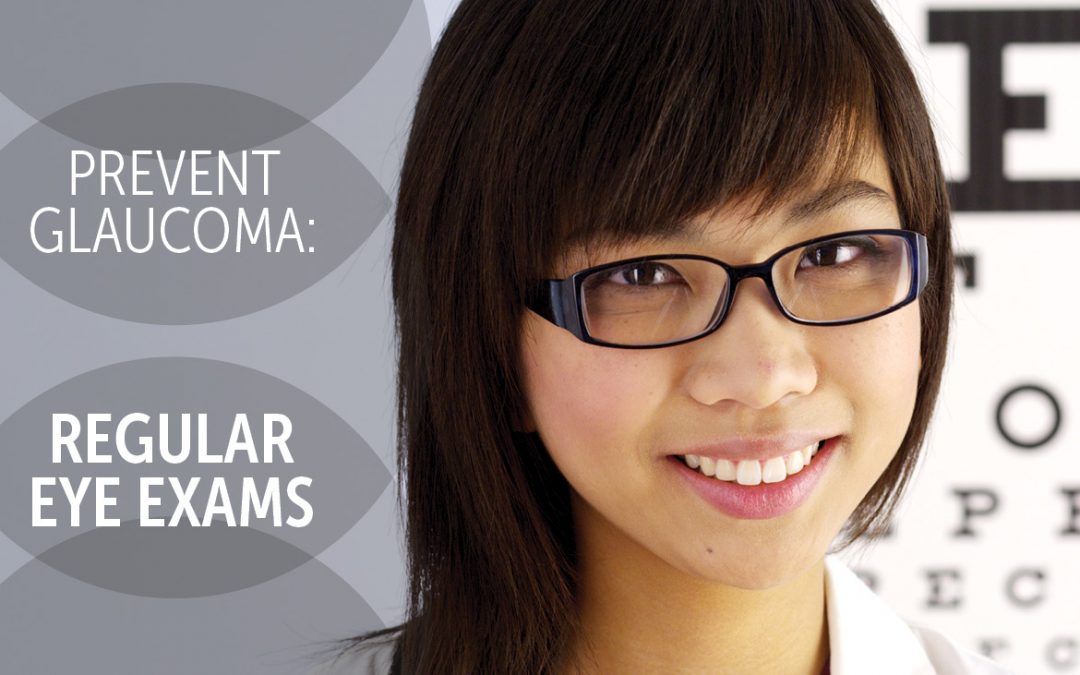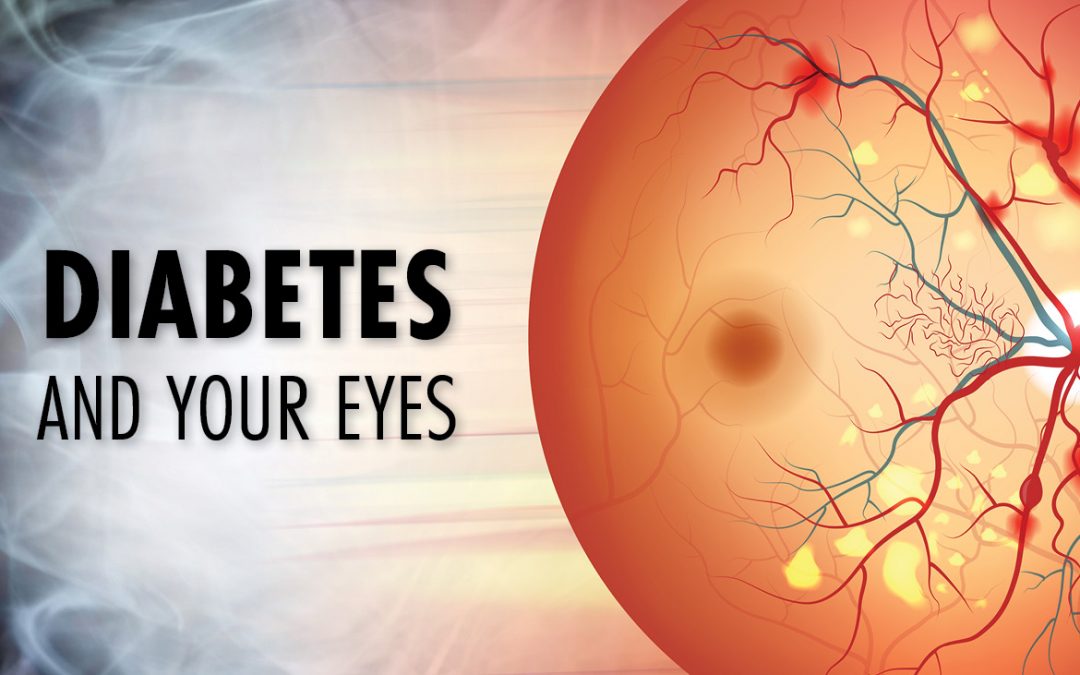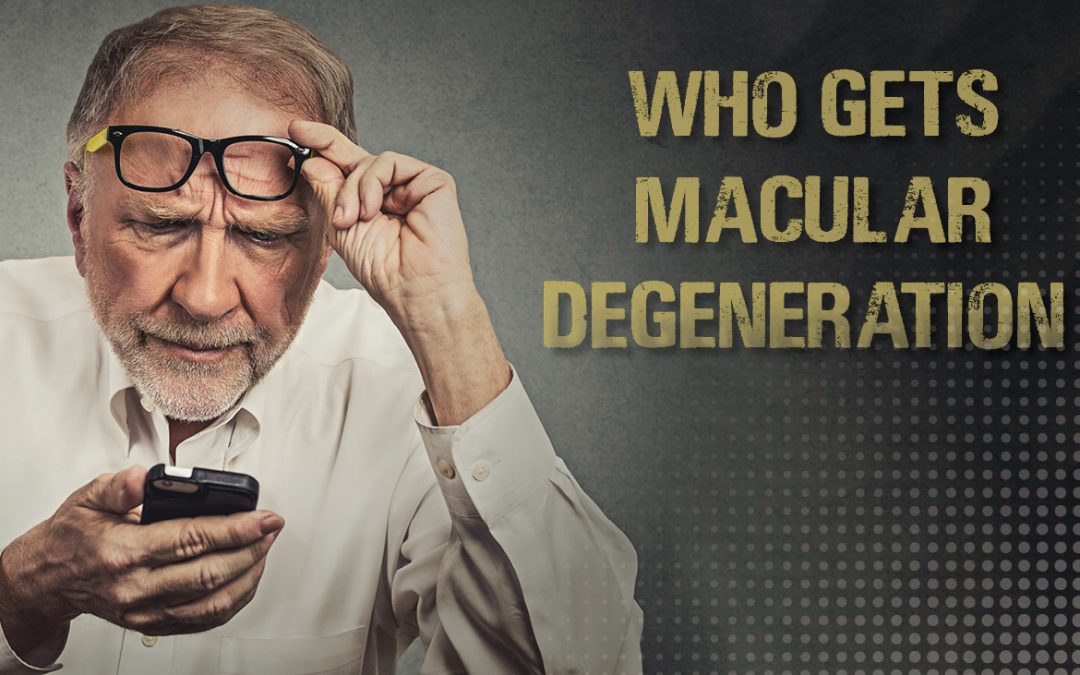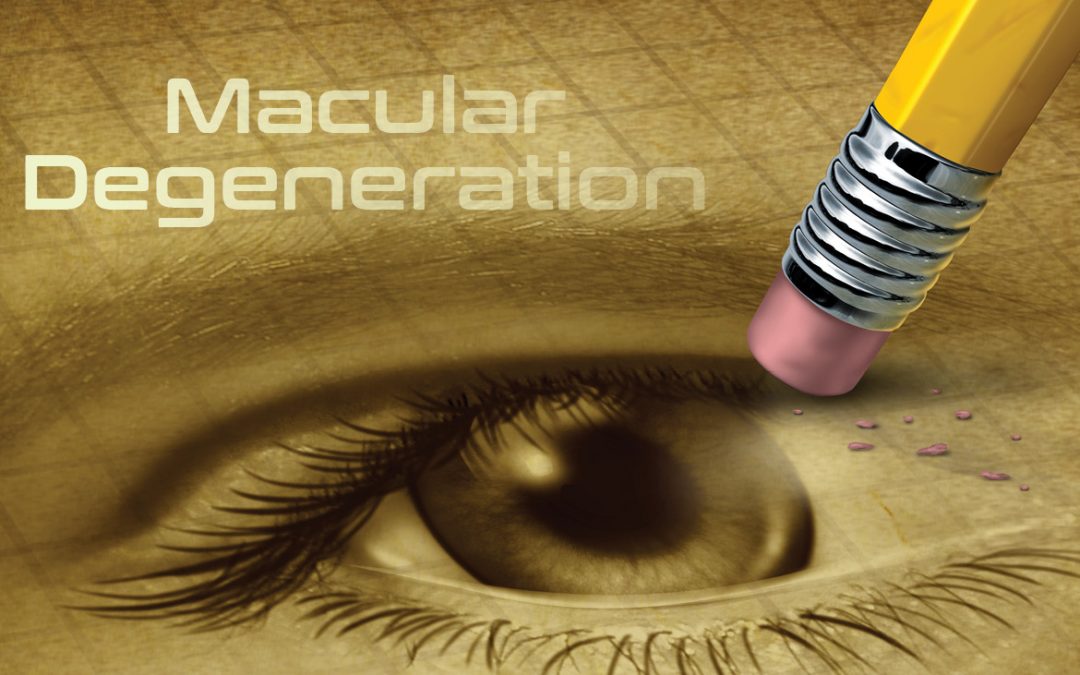
by zzmod01opt | May 1, 2020 | Eye Health and Diseases
As we age, our bodies experience declines in overall performance, including the performance of our eyes. The age-related vision changes become more noticeable as we reach age 60 and older. Some vision changes are entirely normal and do not indicate disease, whereas...

by zzmod01opt | Mar 1, 2020 | Eye Health and Diseases
Did you know, half of Americans with glaucoma don’t know they have it? Glaucoma is often called a silent thief of sight because the early stages often have no symptoms. In the US glaucoma is the second-leading cause of blindness. What is Glaucoma? Glaucoma is an eye...

by zzmod01opt | Dec 1, 2019 | Eye Health and Diseases
More than 28% of diabetics age 40 or older have a diabetic eye disease. These numbers are only expected to grow in the upcoming years due to the decrease in physical activity and healthy eating. Types of Diabetes Type 1 A chronic condition in which the pancreas...

by zzmod01opt | Oct 1, 2019 | Eye Health and Diseases
Macular degeneration is the deterioration of the macula, the small central area of the eye that controls visual acuity. Typically developing macular degeneration is a slow, painless vision loss. Age-related macular degeneration (AMD) Macular degeneration is often...

by zzmod01opt | Sep 24, 2019 | Eye Health and Diseases
Eye allergies are caused by the same substances that give you a runny nose and sneezing. Individuals with seasonal allergies typically experience various reactions to their allergens such as sneezing, itchy eyes, or a headache. Symptoms of eye allergies include...

by zzmod01opt | Sep 1, 2019 | Eye Health and Diseases
Individuals over the age of 50 are at a higher risk for developing age-related macular degeneration (AMD), which causes gradual vision loss. If you are over the age of 50 and have noticed changes in your vision, call our office to schedule an appointment with your eye...







